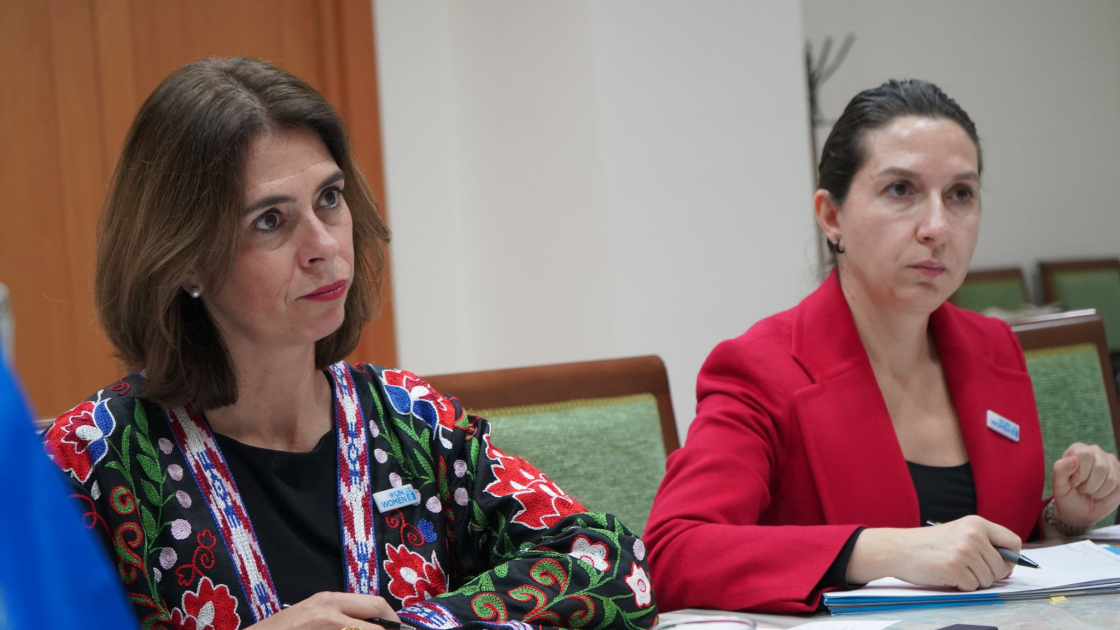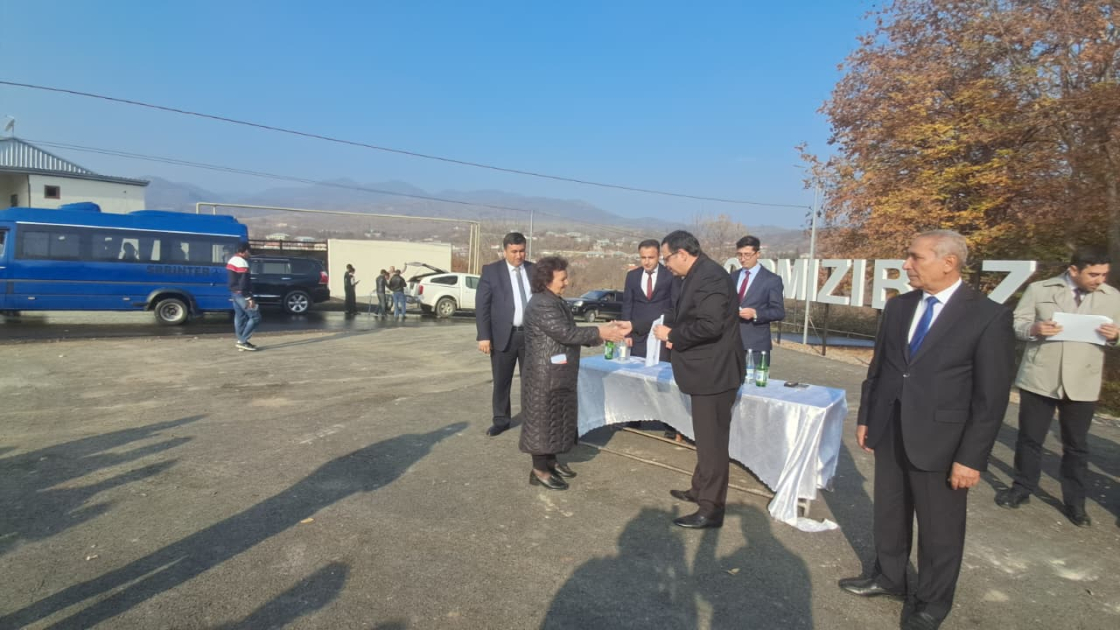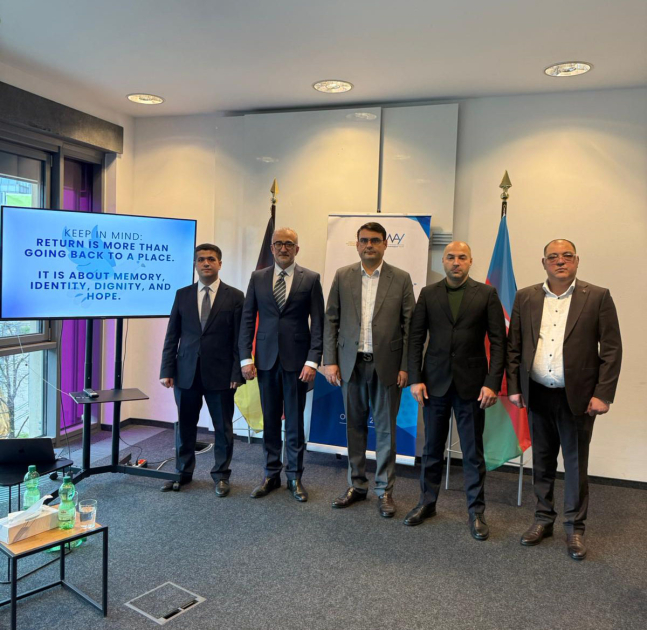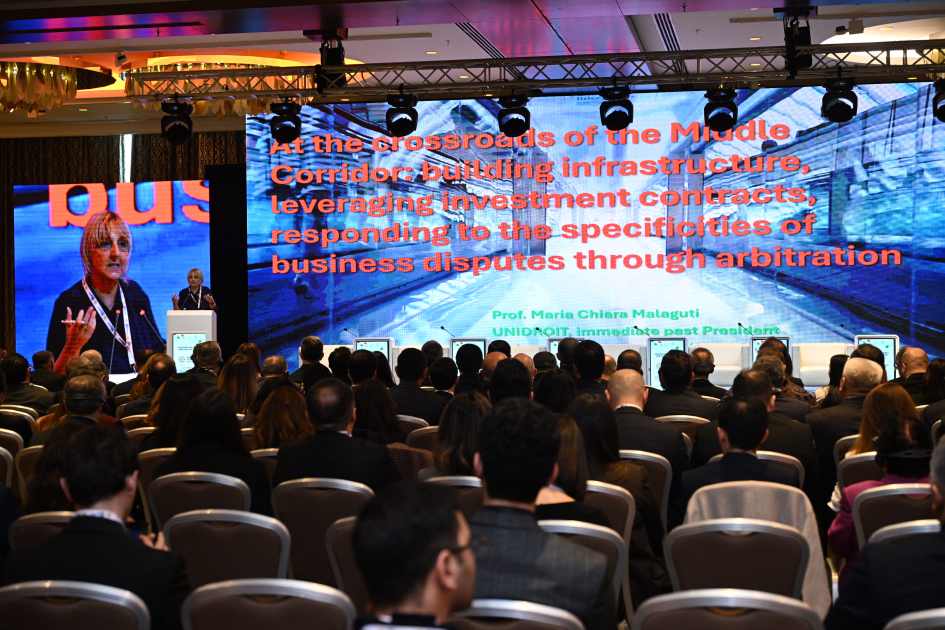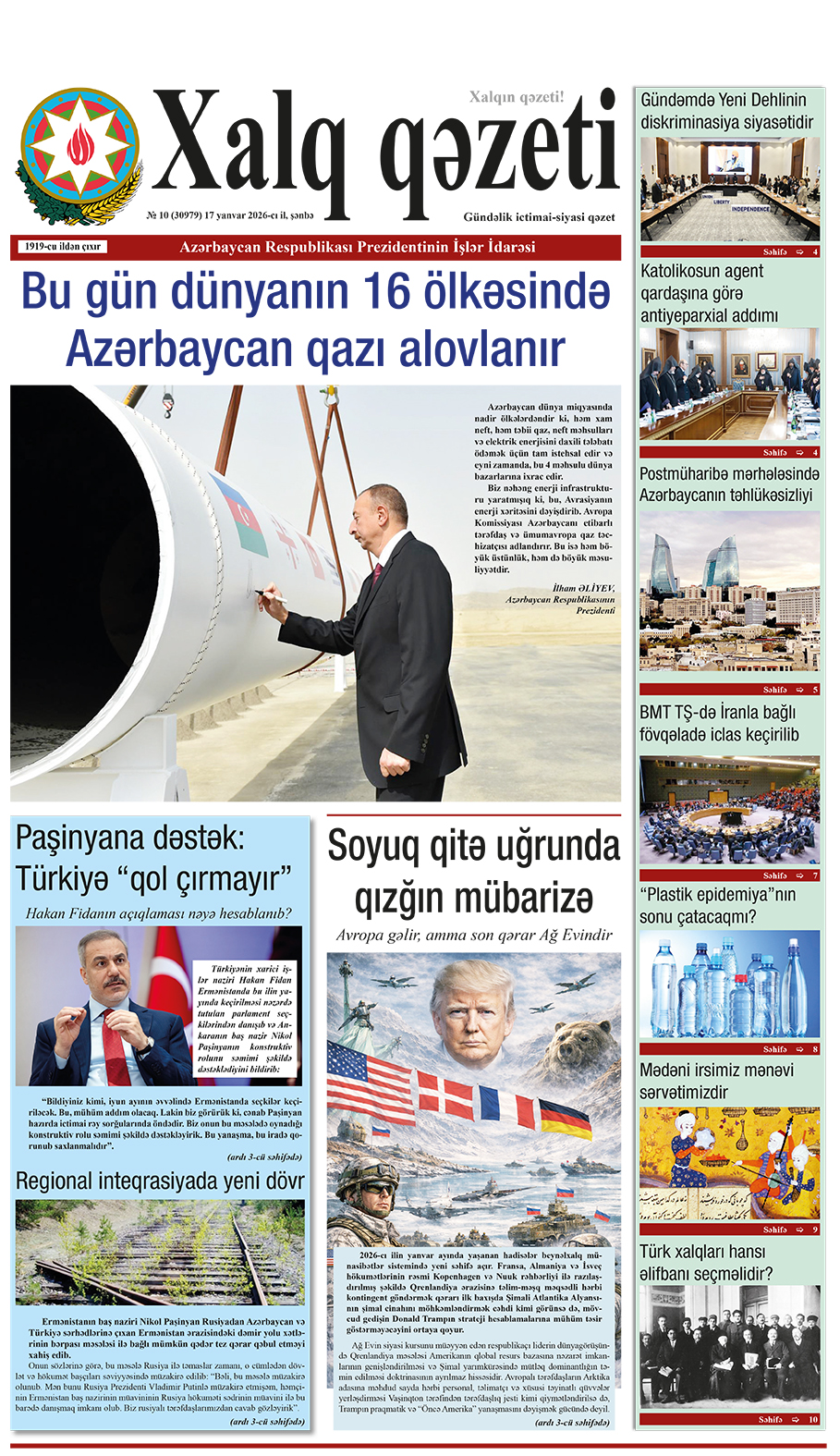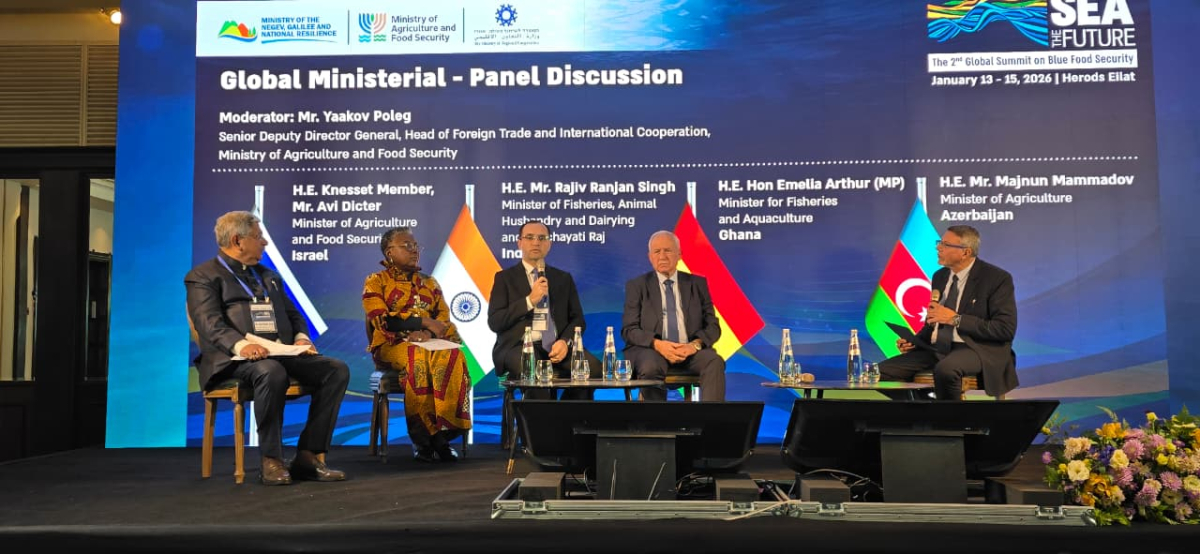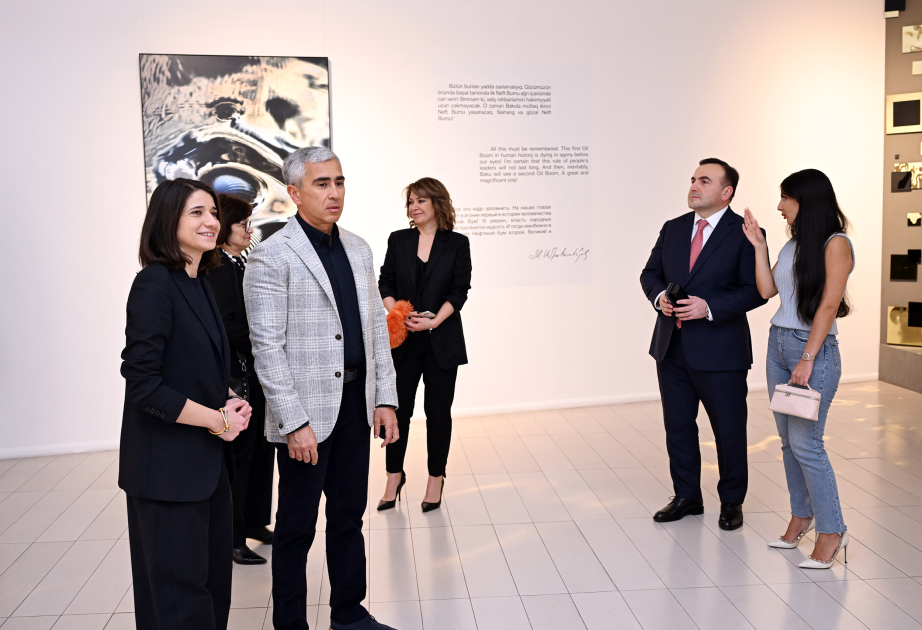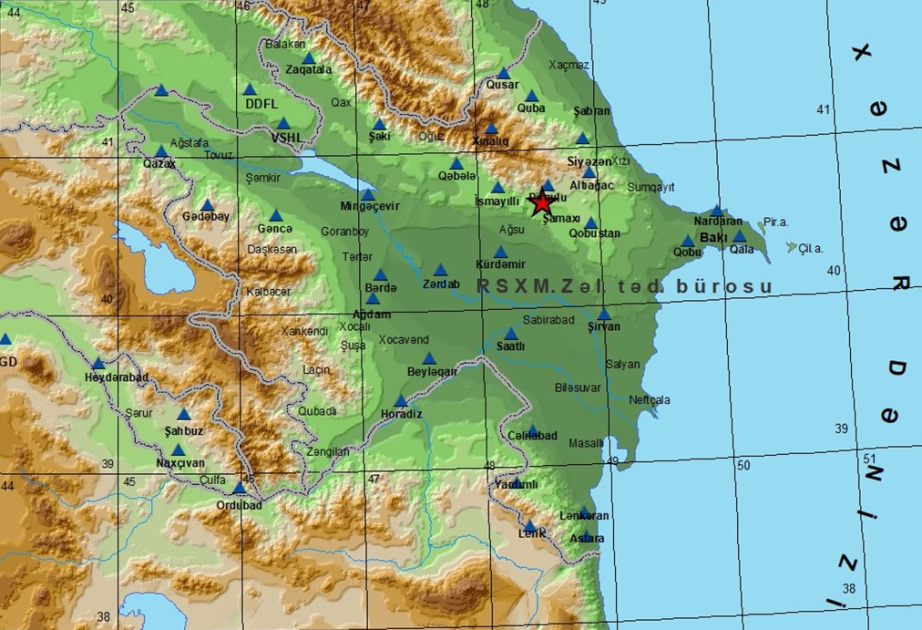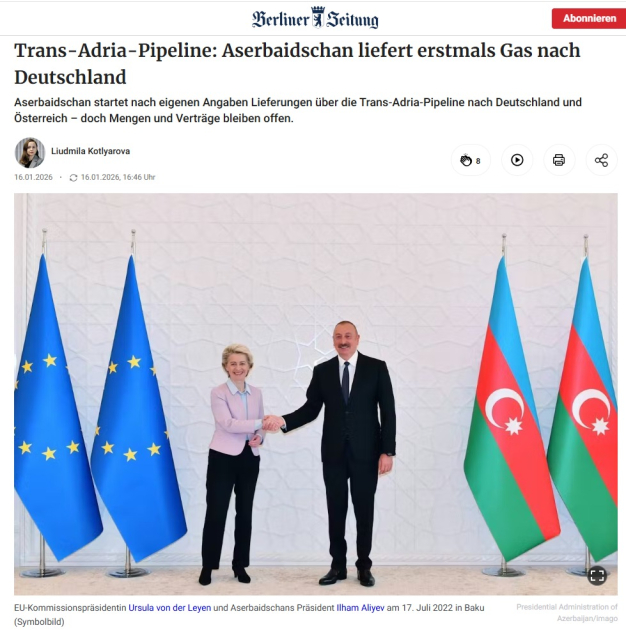“An enhanced strategic partnership between Azerbaijan and Hungary is crucial for the growing cooperation between the European and Turkic economies,” said Ibrahim Mammadov, a researcher at the Danube Institute in Budapest.
A bilateral meeting between President Ilham Aliyev and Hungarian Prime Minister Viktor Orbán took place ahead of the first-ever Organization of Turkic States (OTS) Summit in Budapest. "Given Azerbaijan’s strategic location at the heart of the Trans-Caspian International Transport Route, it provides the only safe and profitable transit corridor for trade between Europe and Central Asia. Hungary is uniquely positioned as the only country in the world that is both a member of the European Union (EU) and an observer state to the OTS. The deepening cooperation between these two keystone countries is vital for advancing economic ties between Europe and the Turkic world," said Ibrahim Mammadov in an interview with AZERTAC.
Highlighting the importance of such collaboration, he added: “Over the past two decades, Hungary and Azerbaijan have steadily strengthened their cooperation across trade, business, diplomacy, and other areas. This partnership is firmly rooted in mutual trust. The signing of the Joint Declaration on Enhanced Strategic Partnership during President Aliyev’s previous visit to Hungary is a clear testament to that trust. Another strong indicator is Hungary’s unwavering support for Azerbaijan’s territorial integrity, its contribution of €10,000 towards mine clearance in liberated territories, and its involvement in the reconstruction of Soltanli village in Karabakh. From the very first term and gaining further momentum with the adoption of the 'Eastern Opening' policy, during his second term, by Hungarian Prime Minister Viktor Orbán, Hungary has stood firmly with Azerbaijan on many political issues, as has also been seen within EU institutions.”
On energy cooperation, Ibrahim Mammadov emphasized: “Azerbaijan has emerged as a reliable energy partner for Hungary. This includes natural gas deliveries, which began in 2024, and future supplies of ‘green energy’ through the world’s longest undersea power line, which will run beneath the Black Sea and eventually connect to the one to be constructed under the Caspian Sea. Hungarian companies such as MOL and MVM Group hold a 9.57% stake in the Azeri-Chirag-Gunashli (ACG) oil field and a 5% stake in the Shah Deniz gas field, respectively. These investments further solidify Azerbaijan and Hungary as indispensable players in ensuring European energy security—Azerbaijan as a key origin and transit country, and Hungary as an emerging strategic energy hub.”
In his concluding remarks, Mammadov stated: “Today, Hungarian-Azerbaijani relations are based on mutual trust and robust cooperation across a wide range of sectors. This includes the successful operations of Hungarian businesses in Azerbaijan. A notable example is the pharmaceutical company Richter Gedeon, which signed an agreement to manufacture 90 medicines in Azerbaijan during last year’s business forum.”
Vugar Seyidov
Special correspondent




